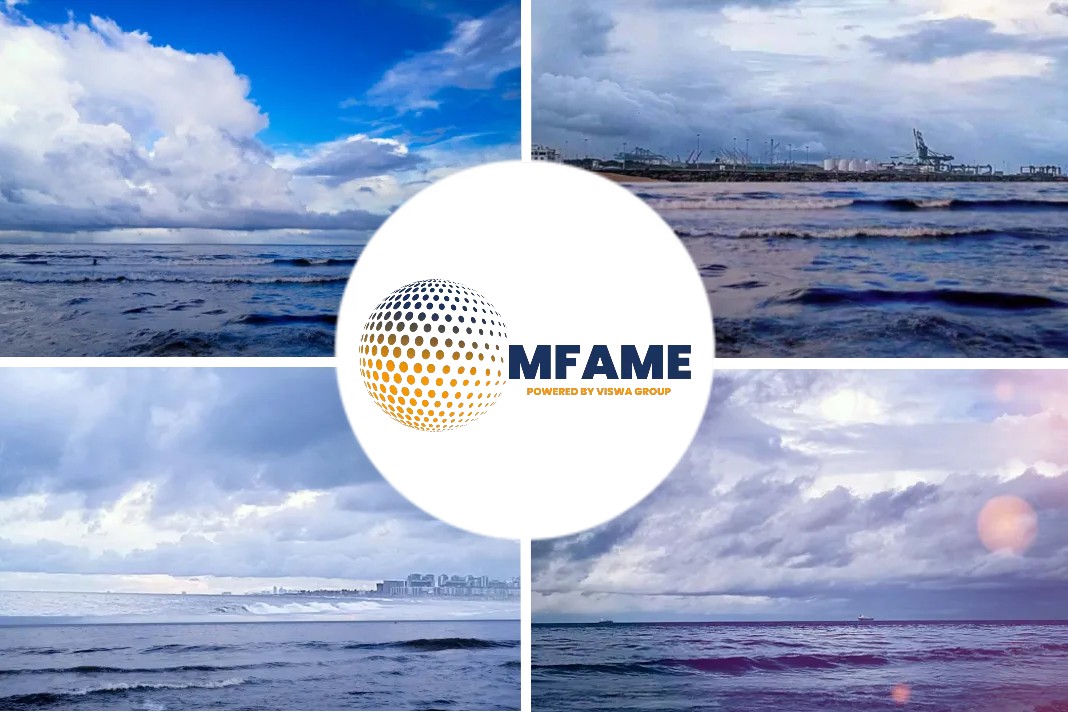
Massive cargo ships have become an important form of import and export transportation. These ships are generally powered by fossil fuels, which increases marine pollution. Because of this, there has been push-back to look at alternative sustainable energy sources, specifically wind power.
Lester Kiewit interviews Christiaan De Beukelaer, senior lecturer in culture & climate at the University of Melbourne, for Capetalk.
De Beukelaer shares more:
- There is a need to move away from fossil fuel
- In the past there has been success with making use of sail ships as a means to transport goods – however, returning to ships with material sails would be somewhat “misguided”
- The reason for this is because the scale and speed in which we trade has changed over the years
- In addition, wind propulsion has also advanced – there has been improvement in the technology and materials used in ship building and design, and wind detection
- Cargo could take somewhat longer for it to reach its destination; however, it should not be a problem as wholesalers and retailers would need to ensure that they have enough stock to meet consumer demands
- There should be three or four contenders on ships – the two discussed by De Beukelaer would include rigid sails and the use of flettner rotors
- Rigid sails: These would make use of compost materials to create sails that are not made of cloth. Additionally, they would need the appropriate properties to ensure that they could be folded and stored, should weather conditions not be at its prime
- Flettner rotors: This technology has been around for many years but has only recently become commercialised. It is a cylindrical structure mounted onto a deck. With the use of an engine, the cylinders will turn, to create the magnus effect. Wind pressure in conjunction with wind passing will lift the cylinders, similarly to a sail
- Reliability of wind remains a top concern – thanks to advanced technology, wind is able to be predicted far in advance, which will allow adequate planning
Did you subscribe to our daily Newsletter?
It’s Free! Click here to Subscribe!
Source: Capetalk


















